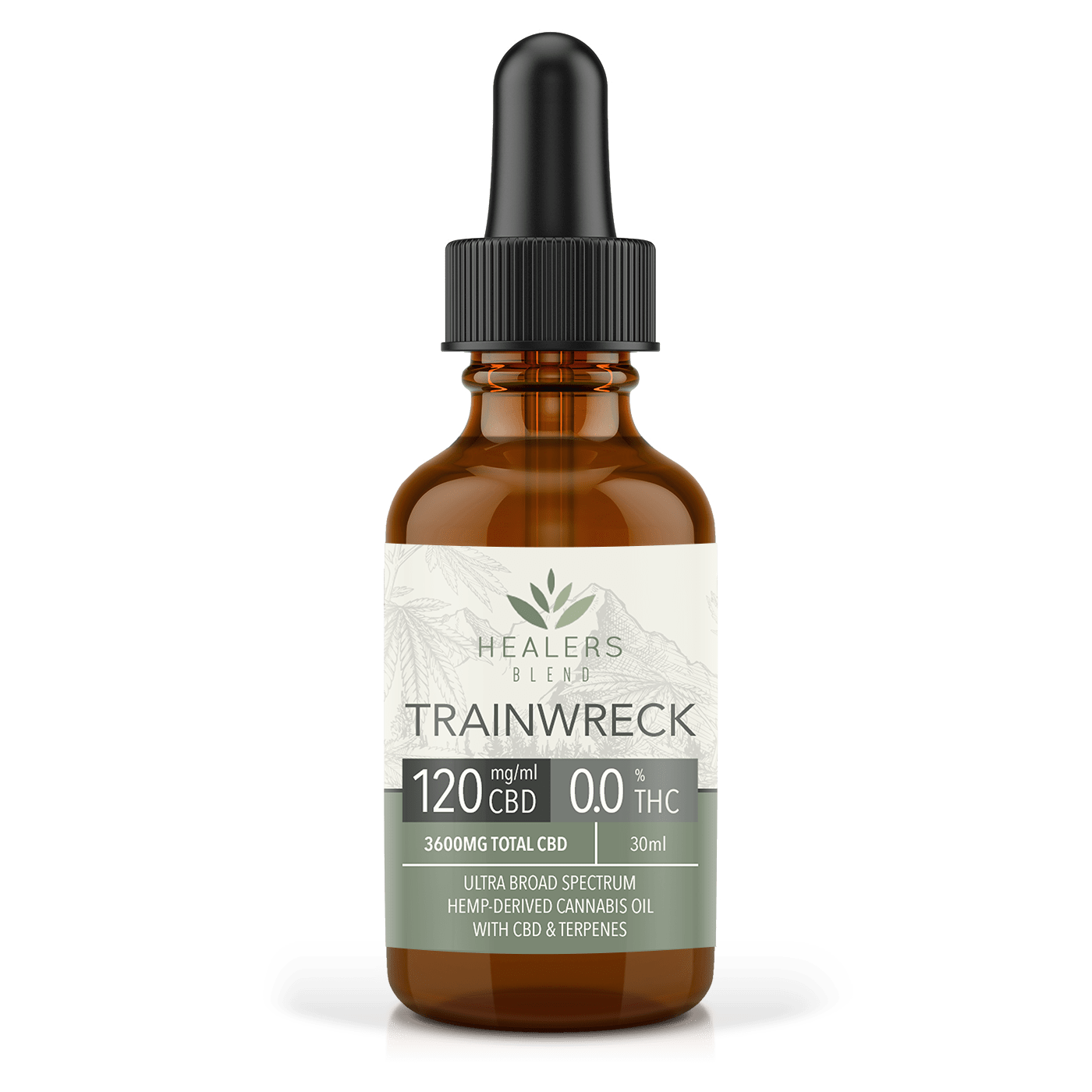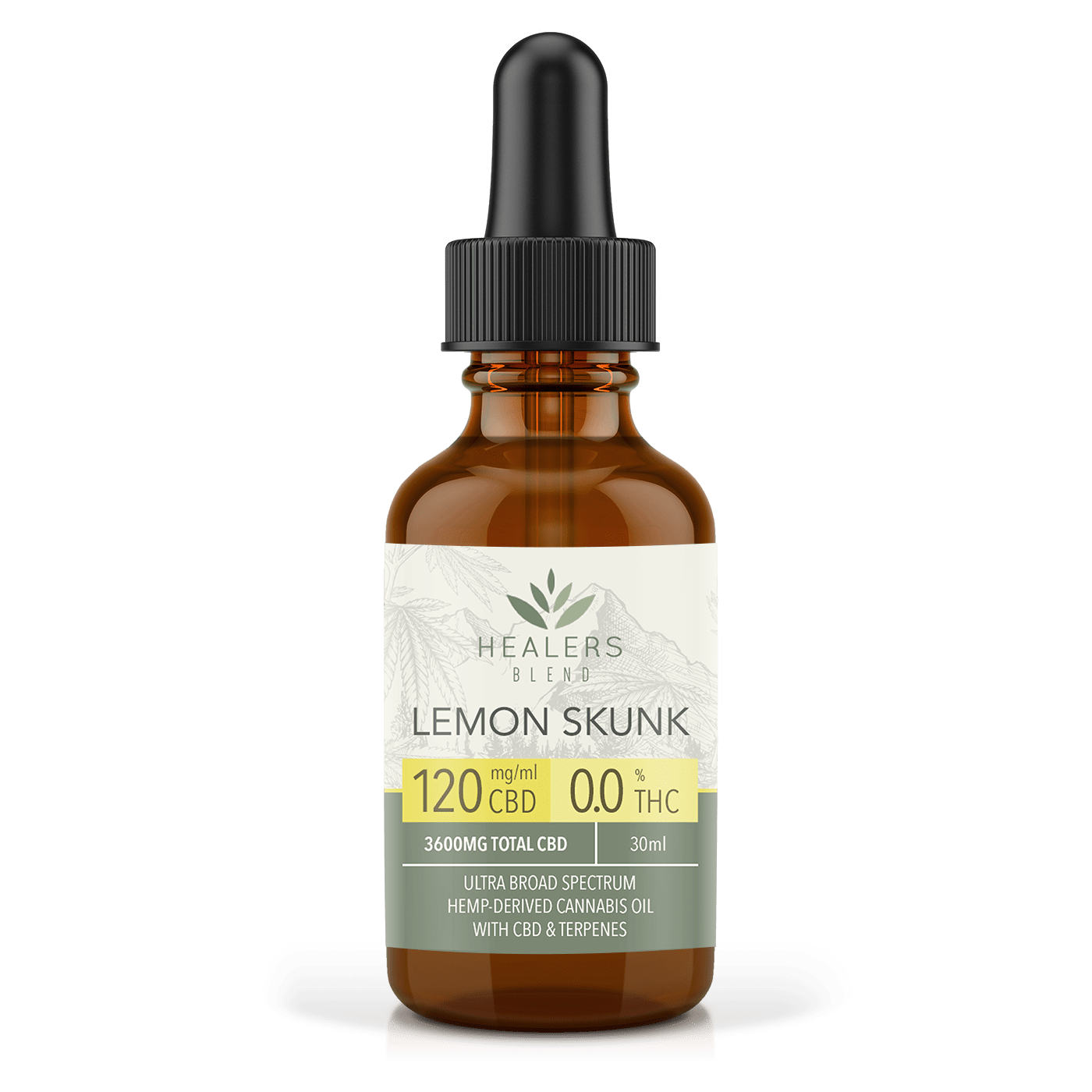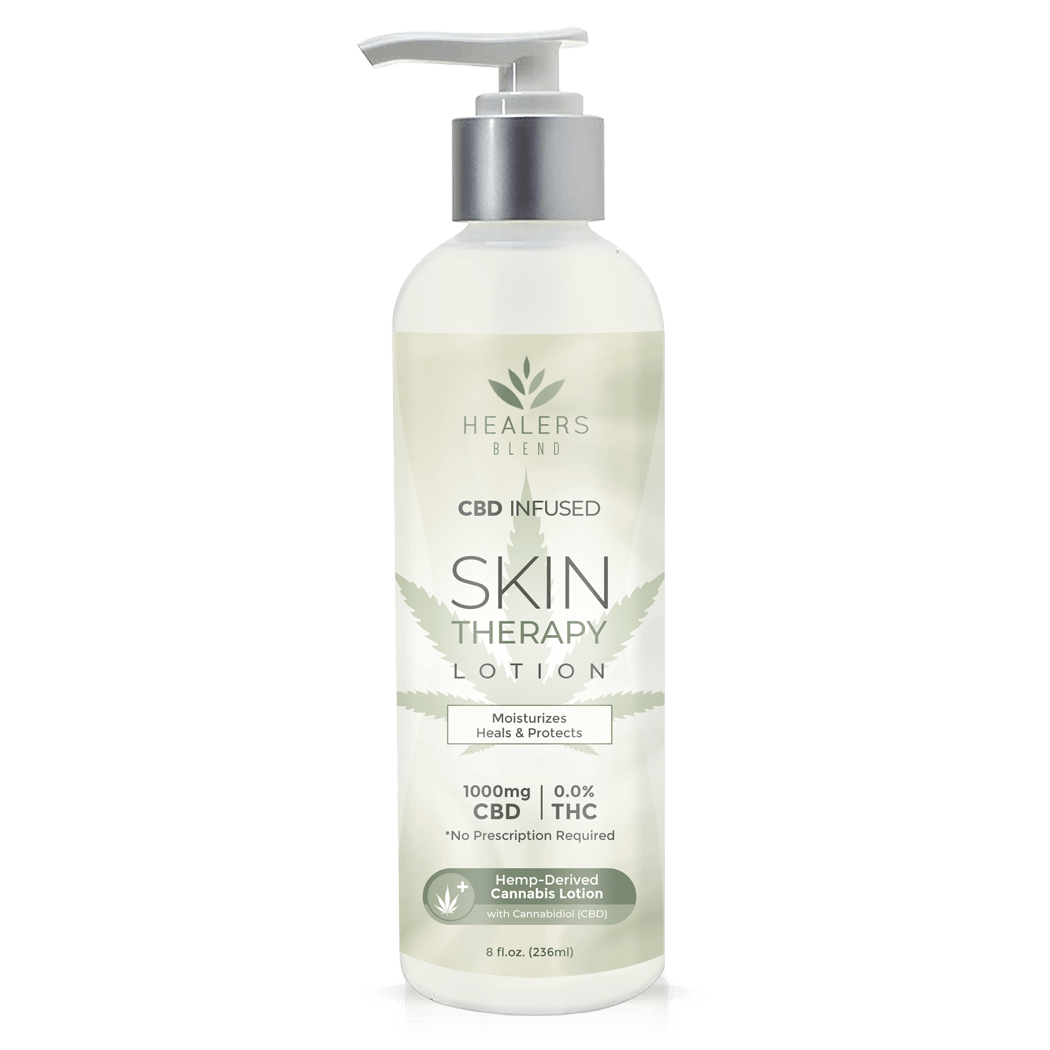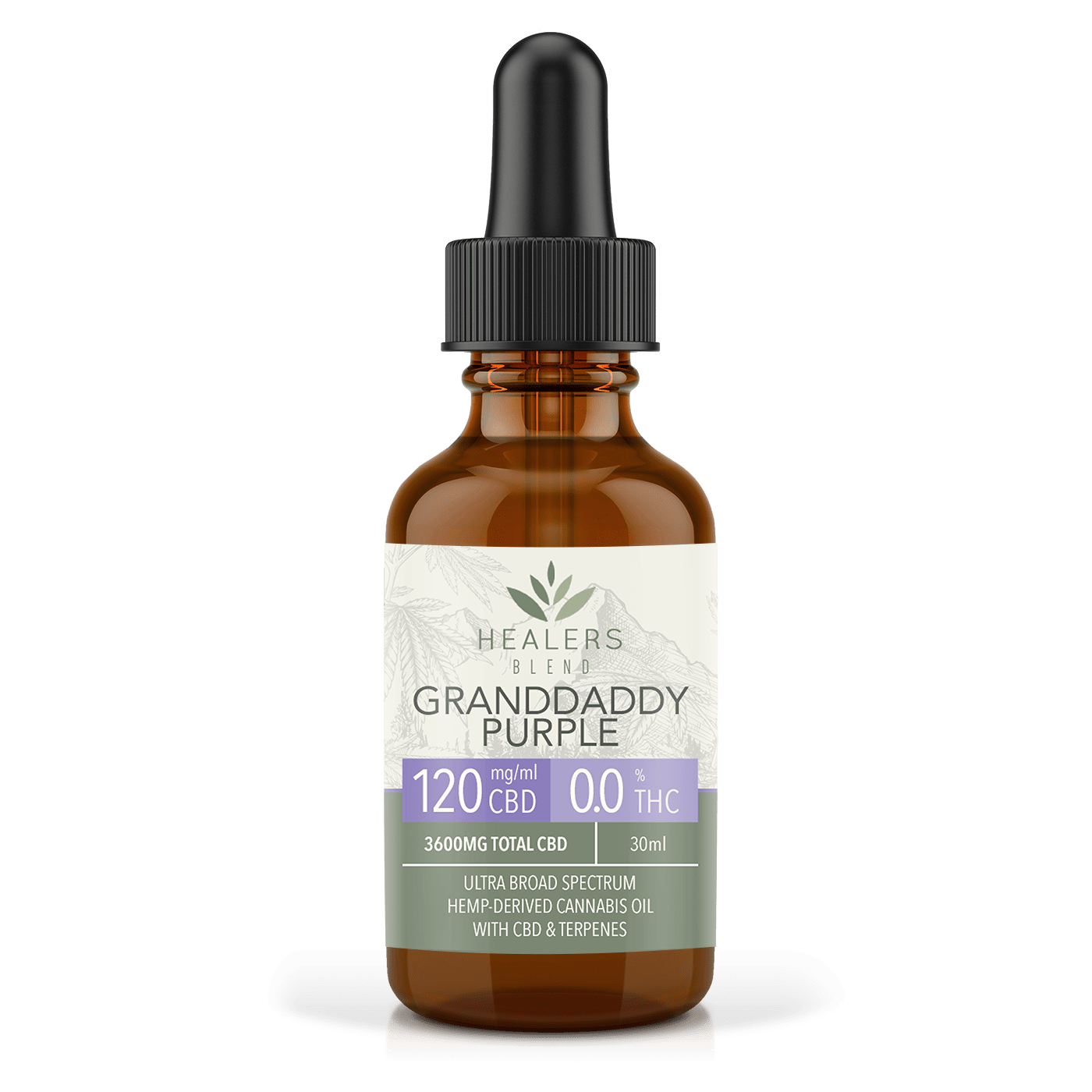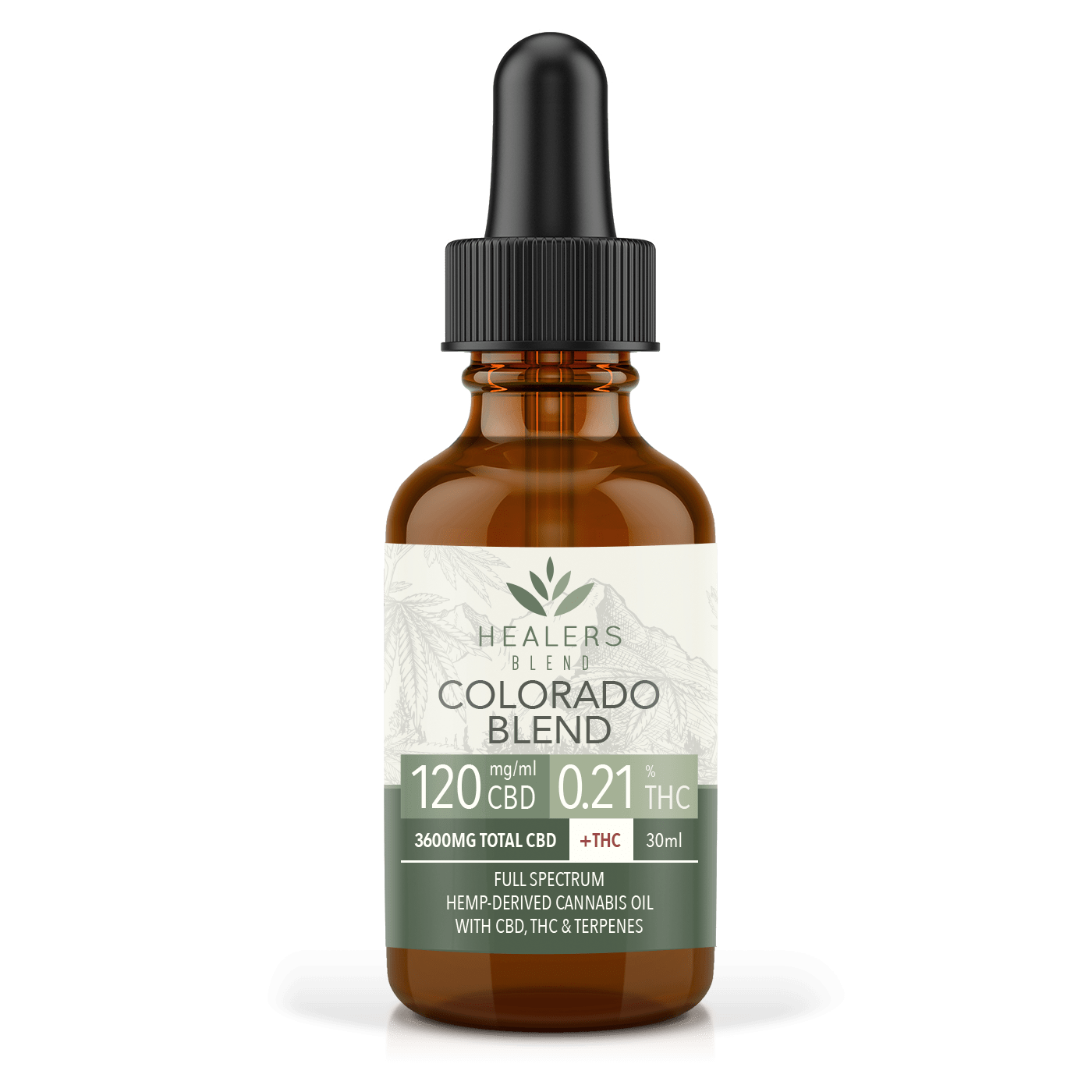Welcome to the Healers Blend Learning Lab! The information in these pages are designed for both the general consumer, as well as, health and medical practitioners seeking to expand their working knowledge of cannabis and the potential of cannabinoid based therapies. While we work to ensure the information in these pages and resources is accurate and up to date, we do not make any claims as to the veracity or totality of the information contained herein. Research into cannabis as medicine is ongoing and our understanding of its many potential benefits continues to grow everyday. Our hope is that you will find this information beneficial and inspiring in your own search to better understand the potential of this incredible plant to increase overall health, vitality, and well-being. CBD products are not approved by the FDA for the diagnosis, cure, mitigation, treatment, or prevention of any disease. We are restricted from making any claims about the efficacy of our specific CBD products to treat or cure any disease or medical conditions. You should always seek the advice of a physician before adding nutritional supplements to your diet. The following information is presented for educational purposes only. Healers Blend provides this information to provide an understanding of the potential applications of cannabidiol. Links to third party websites do not constitute an endorsement of these organizations by Healers Blend and none should be inferred.
Research on CBD Oil for Anxiety
The research on CBD oil for anxiety is building an effective anxiety reducing agent (anxiolytic), with some promising research findings in both animal and human studies. It may seem counterintuitive that a compound found in the cannabis plant (Cannabidiol or CBD) can reduce anxiety when an almost identical compound found in the same plant (Tetrahydrocannabinol or THC) can increase it. For those seeking a natural alternative to pharmaceutical approaches to anxiety, CBD oil may just hold the answer. For a full list of the medical conditions for which CBD oil may be useful, please consult our research page.
What we know about CBD oil & anxiety
CBD’s (Cannabidiol) anxiety reducing effects are likely due to its interactions with the human endocannabinoid system (the ECS), and other physiological systems within the body. (Learn more about the endocannabinoid system). The endocannabinoid system is, in part, responsible for regulation of our overall response to stress, including fear and anxiety. Unlike THC, which fits like a key into a lock that is a cannabinoid receptor, CBD does not open the lock or activate cannabinoid receptors in the central nervous system. Instead, CBD enhances the effects of our own internally produced cannabinoids (i.e. endocannabinoids). And, it interacts with other non-cannabinoid receptors, including GABA, adenosine and serotonin receptors, all of which are implicated in anxiety.1-3 (https://www.ncbi.nlm.nih.gov/pmc/articles/PMC4303399/, https://www.ncbi.nlm.nih.gov/pubmed/19423077, https://www.ncbi.nlm.nih.gov/pubmed/18508500)
In a research review on CBD published in 2017, Brazilian researchers concluded that, “Studies using animal models of anxiety…clearly suggest an anxiolytic-like effect of CBD.” (REFERENCE) Human studies have also found benefit. Surveys of CBD oil users, for example, have found anxiety to be one of the most common reasons people use CBD.4 (https://www.ncbi.nlm.nih.gov/pubmed/30014038) Clinical trials have also shown benefit. For example, in a 2011 clinical trial of individuals with Social Anxiety Disorder (SAD) pre-treatment with CBD was found to reduce self-reported and measurable indicators of anxiety provoked by a simulated public speaking test. In another 2011 clinical trial, also conducted in individuals with SAD, CBD decreased subjectively reported anxiety. Functional neuroimaging demonstrated that the reduction in anxiety was associated with changes in activity in limbic and paralimbic brain areas – regions of the brain thought to be associated with emotions, specifically anxiety.5 (https://www.ncbi.nlm.nih.gov/pubmed/20829306) CBD has also been shown to reduce the anxiety provoking effects of THC, when administered concurrently.6 (https://www.ncbi.nlm.nih.gov/pubmed/6285406)
Conclusion
The anxiety reducing effects of CBD oil are continuing to be explored in scientific experiments involving both animals and humans. Randomized controlled trials in humans – the “Gold Standard” for clinical research – have been implemented and show promising results.
Research Studies on the effects of CBD oil to treat Anxiety:
Below is a list of available research on CBD, and other phytocannabinoids, to treat anxiety.
- Cannabidiol as a Potential Treatment for Anxiety Disorders
- CBD as an anxiolytic drug
- Antidepressant-Like and Anxiolytic-Like Effects of Cannabidiol: A Chemical Compound of Cannabis Sativa
- CBD reduces the anxiety induced by simulated public speaking in treatment-naïve social phobia patients
- Neural basis of anxiolytic effects of CBDin generalized social anxiety disorder
- Central anandamide deficiency predicts stress-induced anxiety: behavioral reversal through endocannabinoid augmentation
- Effects of CBD on regional cerebral blood flow
- The anxiolytic-like effects of cannabidiol injected into the bed nucleus of the stria terminalis are mediated by 5-HT1Areceptors
- The anxiolytic effect of CBDon chronically stressed mice depends on hippocampal neurogenesis: involvement of the endocannabinoid system
- Plant-based medicines for anxiety disorders, part 2
- A systematic review of plant-derived natural compounds for anxiety disorders
- The Endocannabinoid System and Anxiety
- CBD regulation of emotion and emotional memory processing: relevance for treating anxiety-related and substance abuse disorders
- Effect of prior foot shock stress and Δ9-tetrahydrocannabinol, cannabidiolic acid, and cannabidiol on anxiety-like responding in the light-dark emergence test in rats
- Distinct Effects of Δ9-Tetrahydrocannabinol and Cannabidiol on Neural Activation During Emotional Processing
Related FAQs
- What is the CBD dosage for anxiety?
- What is CBD and how does it work?
- What is the endocannabinoid system and why it matters to your health?
What is Anxiety?
Occasional anxiety is a normal part of life. You might feel anxious when faced with a problem at work, before taking a test, or making an important decision. Anxiety disorders involve more than temporary worry or fear, however. The anxiety can be persistent and worsen over time. Uncomfortable feelings can interfere with daily activities, such as job performance, school work, and relationships. There are several different types of anxiety disorders. Examples include Generalized Anxiety Disorder, Panic Disorder, and Social Anxiety Disorder.
Signs and Symptoms
Generalized Anxiety Disorder
People with Generalized Anxiety Disorder display excessive anxiety or worry for months and face several anxiety-related symptoms.
Generalized Anxiety Disorder symptoms include:
- Restlessness or feeling wound-up or on edge
- Being easily fatigued
- Difficulty concentrating or having their minds go blank
- Irritability
- Muscle tension
- Difficulty controlling the worry
- Sleep problems (difficulty falling or staying asleep or restless, unsatisfying sleep)
Panic Disorder
People with Panic Disorder have recurrent unexpected panic attacks, which are sudden periods of intense fear that may include palpitations, pounding heart, or accelerated heart rate; sweating; trembling or shaking; sensations of shortness of breath, smothering, or choking; and feeling of impending doom.
Panic Disorder symptoms include:
- Sudden and repeated attacks of intense fear
- Feelings of being out of control during a panic attack
- Intense worries about when the next attack will happen
- Fear or avoidance of places where panic attacks have occurred in the past
Social Anxiety Disorder
People with Social Anxiety Disorder (sometimes called “social phobia”) have a marked fear of social or performance situations in which they expect to feel embarrassed, judged, rejected, or fearful of offending others.
Social Anxiety Disorder symptoms include:
- Feeling highly anxious about being with other people and having a hard time talking to them
- Feeling very self-conscious in front of other people and worried about feeling humiliated, embarrassed, or rejected, or fearful of offending others
- Being very afraid that other people will judge them
- Worrying for days or weeks before an event where other people will be
- Staying away from places where there are other people
- Having a hard time making friends and keeping friends
- Blushing, sweating, or trembling around other people
- Feeling nauseous or sick to your stomach when other people are around
Evaluation for an anxiety disorder should begin with a visit to your doctor.
References
1. Nuss P. Anxiety disorders and GABA neurotransmission: a disturbance of modulation. Neuropsychiatr Dis Treat. 2015;11:165-175.
2. Akimova E, Lanzenberger R, Kasper S. The serotonin-1A receptor in anxiety disorders. Biol Psychiatry. 2009;66(7):627-635.
3. Correa M, Font L. Is there a major role for adenosine A2A receptors in anxiety? Front Biosci. 2008;13:4058-4070.
4. Corroon JM, Phillips J. A Cross-Sectional Study of Cannabidiol Users. Cannabis and cannabinoid research. 2018.
5. Crippa JA, Derenusson GN, Ferrari TB, et al. Neural basis of anxiolytic effects of cannabidiol (CBD) in generalized social anxiety disorder: a preliminary report. Journal of psychopharmacology (Oxford, England). 2011;25(1):121-130.
6. Zuardi AW, Shirakawa I, Finkelfarb E, Karniol IG. Action of cannabidiol on the anxiety and other effects produced by delta 9-THC in normal subjects. Psychopharmacology. 1982;76(3):245-250.
Medical Research on CBD (cannabidiol)
Clinical studies and case reports on CBD categorized by condition:
-
Research on CBD Oil for Acne
-
Research on CBD Oil for ADD – ADHD
-
Research on CBD Oil for Addiction
-
Research on CBD Oil for AIDS
-
Research on CBD Oil for ALS
-
Research on CBD Oil for Alzheimer’s Disease
-
Research on CBD Oil for Anorexia
-
Research on CBD Oil for Antibiotic Resistance
-
Research on CBD Oil for Anxiety
-
Research on CBD Oil for Arthritis
-
Research on CBD Oil for Asthma
-
Research on CBD Oil for Atherosclerosis
-
Research on CBD Oil for Autism (ASD)
-
Research on CBD Oil for Bipolar Disorder
-
Research on CBD Oil for Cancer
-
Research on CBD Oil for Chronic Pain
-
Research on CBD Oil for Depression
-
Research on CBD Oil for Diabetes
-
Research on CBD Oil for Digestive Issues
-
Research on CBD Oil for Endocrine Disorders
-
Research on CBD Oil for Epilepsy – Seizures
-
Research on CBD Oil for Fibromyalgia
-
Research on CBD Oil for Glaucoma
-
Research on CBD Oil for Heart Disease
-
Research on CBD Oil for Huntington’s Disease
-
Research on CBD Oil for Inflammation
-
Research on CBD Oil for Irritable Bowel Syndrome
-
Research on CBD Oil for Liver Disease
-
Research on CBD Oil for Metabolic Syndrome
-
Research on CBD Oil for Migraines
-
Research on CBD Oil for Mood Disorders
-
Research on CBD Oil for Motion Sickness
-
Research on CBD Oil for Multiple Sclerosis (MS)
-
Research on CBD Oil for Nausea
-
Research on CBD Oil for Neurodegeneration
-
Research on CBD Oil for Obesity
-
Research on CBD Oil for OCD
-
Research on CBD Oil for Osteoporosis
-
Research on CBD Oil for Parkinson’s Disease
-
Research on CBD Oil for PTSD
-
Research on CBD Oil for Rheumatism
-
Research on CBD Oil for Schizophrenia
-
Research on CBD Oil for Sickle Cell Anemia
-
Research on CBD Oil for Skin Conditions
-
Research on CBD Oil for Sleep Disorders
-
Research on CBD Oil for Stress
-
Research on CBD Oil for Strokes


